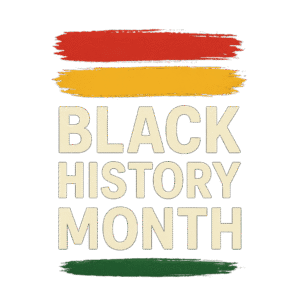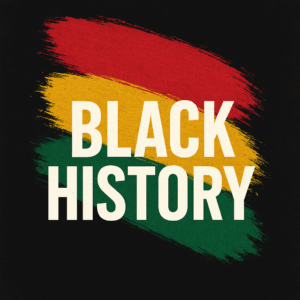Juneteenth 2023: The Importance of Learning and Talking About Juneteenth

Juneteenth Front Runner New Jersey
BY ANTOINETTE WINTERS
As a Black American woman, Juneteenth has become more and more important to me well into my adulthood. I’m originally from Michigan, and I do not recall learning about Juneteenth in my primary and secondary education, but after educating myself as an adult on what it means as a historical marker in United States history, I now realize the importance and the symbolism that it means to me and could mean to my clients.
Juneteenth commemorates the end of slavery in the United States. Specifically, it celebrates the day when enslaved people in Galveston, Texas were informed of their freedom on June 9th, 1865, two years after the Emancipation Proclamation. President Lincoln issued the Emancipation Proclamation on January 1, 1863 declaring all persons held as slaves were now free.
I am currently residing in Texas, where the day originated. Celebrating Juneteenth has been a tradition in Texas throughout the centuries, but I didn’t learn about the significance of Juneteenth until I was in college. As a Black American, I had stopped celebrating the 4th of July as being a day of freedom because I realized that my ancestors were not free on this day. Juneteenth then became the day I celebrate freedom day or Independence Day. It wasn’t too long ago that people who look like me were not allowed to vote or participate in the natural freedoms that other citizens share to date. I will forever remember, cherish, and celebrate Juneteenth.
This Juneteenth, and the days surrounding it, we should be mindful about having conversations with our clients about this important piece of history. I would challenge psychiatrists, psychologists and therapists and counselors alike to do some research about why we celebrate, what it means to Black Americans and get involved in celebrating. Juneteenth is a huge part of American history for all Americans.
Therapists and clinicians can be mindful of the historical and emotional significance of Juneteenth for their clients, particularly for Black clients. They should acknowledge the impact of systemic racism and intergenerational trauma that still affects many Black people today. Therapists have a unique opportunity and platform to crest a safe space for their clients by being culturally sensitive and aware of their own biases. They should also be open to discussing issues related to race and racism, and work with clients to develop coping strategies for dealing with racism and discrimination if they are experiencing them.
It is important for therapists to acknowledge the Juneteenth holiday in its historical context, while
also being sensitive to the individual experiences and of each client. Therapists can encourage clients to then share about their experiences in a supportive environment. It’s important for clients to process these experiences and feelings as it relates to their mental health. Additionally, therapists can work to educate themselves on the history and current issues impacting Black and Brown communities to better understand and support their clients.
As we embark upon this day and memorialize enslaved Americans, we can draw on the strength from those before us such as individuals that created a world to give me free opportunity, freedom to vote and freedom of speech. Individuals like W.E.B. Dubois, Rosa Parks, Harriet Tubman, and Sojouner Truth, just to name, a few who helped shaped where we
are today. It’s important for all Americans to celebrate and we all have a responsibility to learn and know about Black Americans History despite it being marginalized from our education system. I encourage clinicians of all backgrounds to educate themselves and embrace this important marker of freedom in their personal lives and in their practices.
Antoinette Winters is a licensed Clinical Therapist with 11 years of experience and is a SonderMind clinician. She has worked extensively with individuals suffering from mental health issues, including bipolar disorder, borderline personality disorder, anxiety, and depression, particularly those with insecure attachment styles. Additionally, she has an extensive history of working with adults who suffer from PTSD and complex issues. She has expertise and training in addressing issues sensitive to the needs of the LGBTQ and BIPOC communities.
Follow Us Today On:
Note from AC JosepH Media: If you like this story and others posted on Front Runner New Jersey.com, lend us a hand so we can keep producing articles like these for New Jersey and the world to see. Click on SUPPORT FRNJ and make a contribution that will go directly in making more stories like this available. Thank you for reading!



